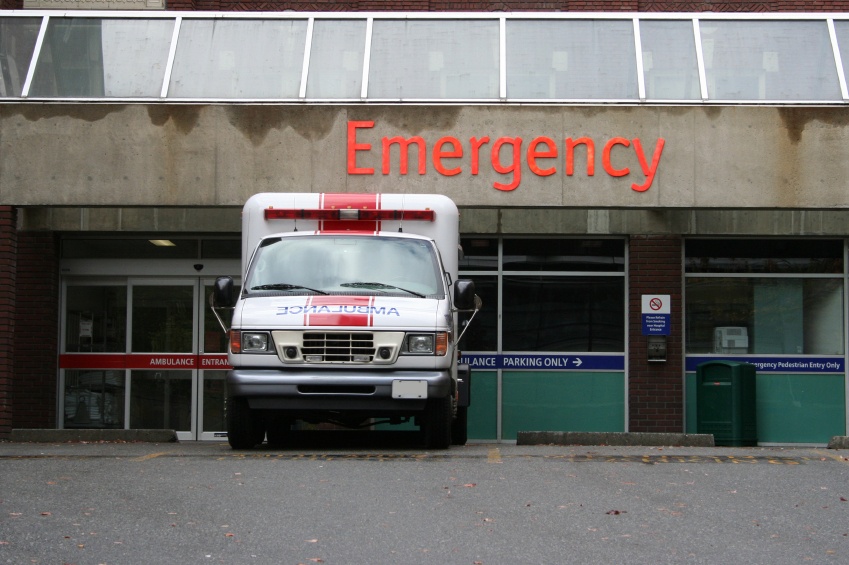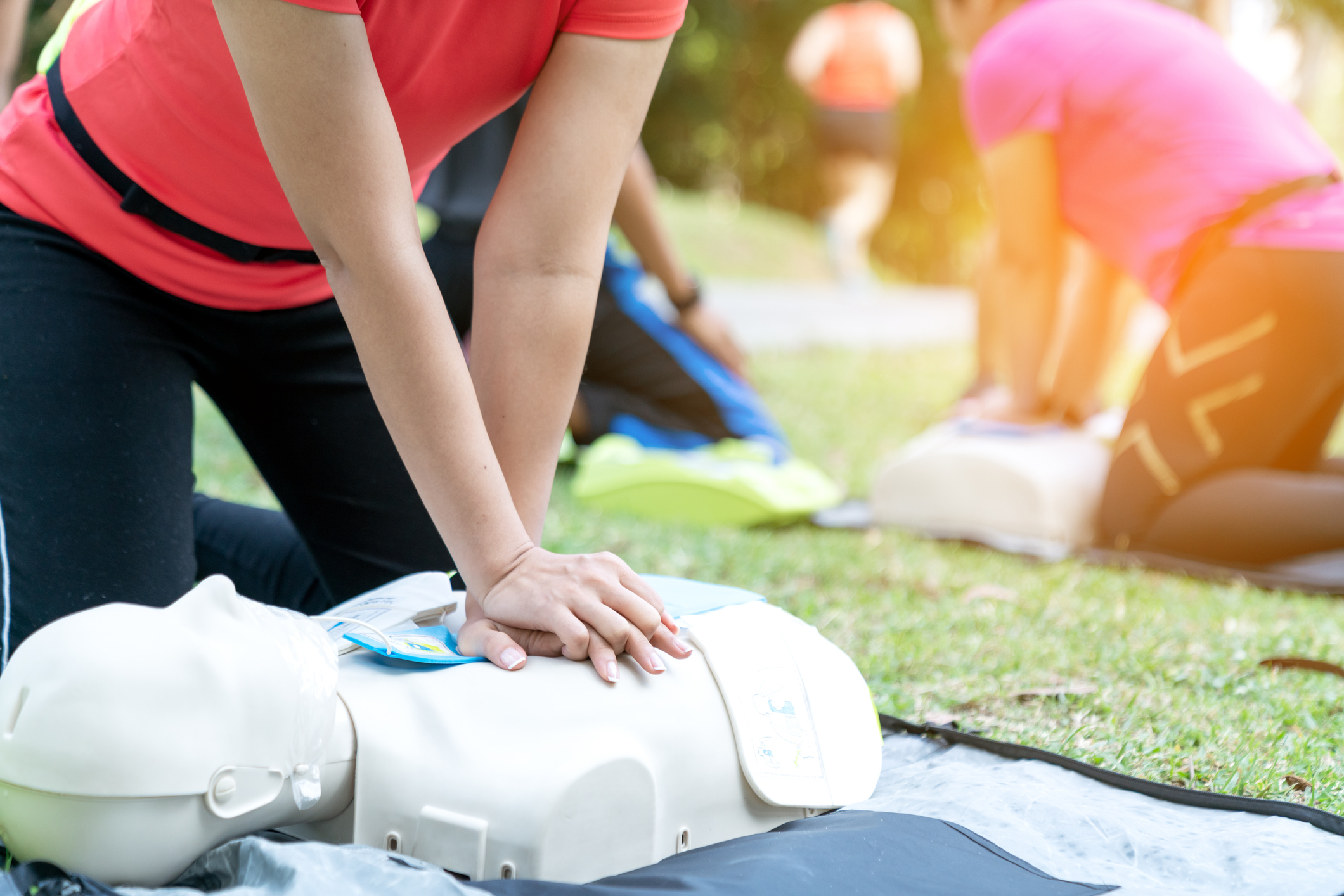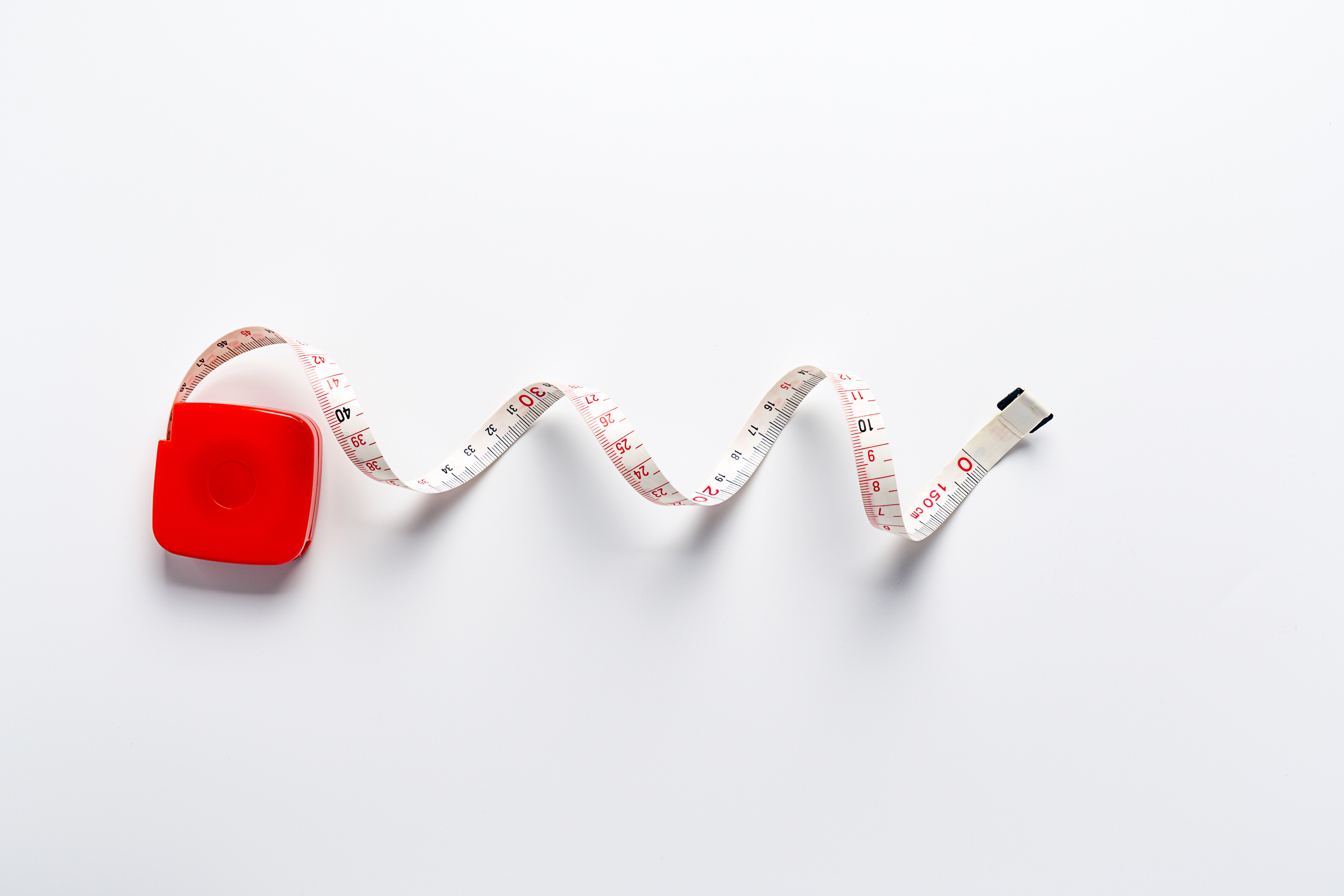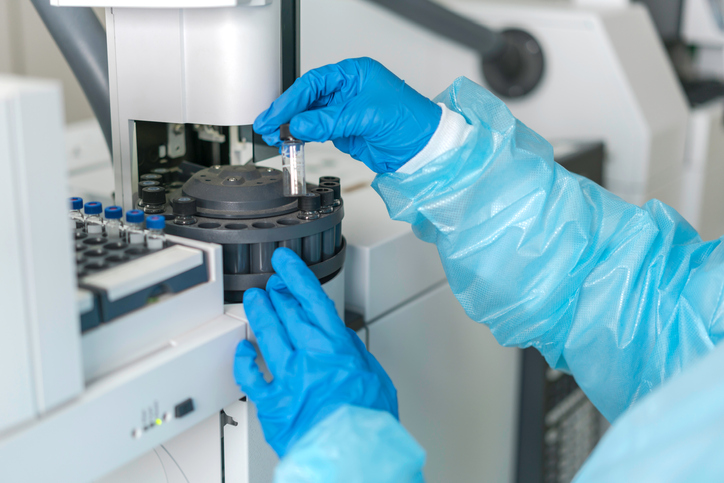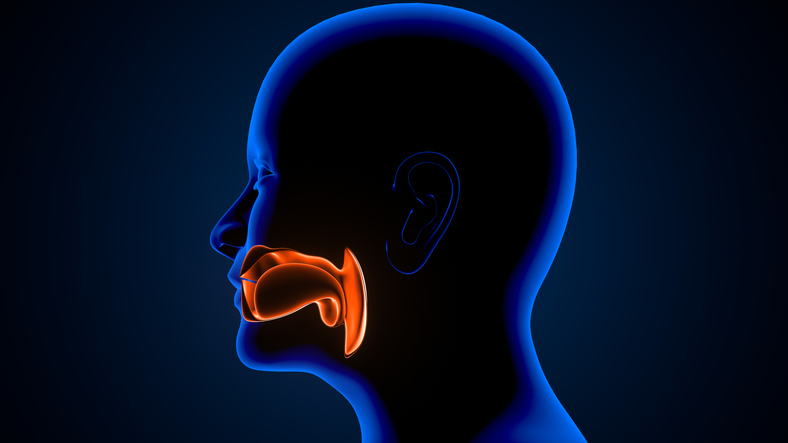Healthcare costs in the United States are soaring. Americans spend more on healthcare than people in any other nation. Health systems, too, are struggling, facing enormous administrative costs and losing money when people cannot afford to pay their health bills. So it’s understandable that many agencies want to spend as little on medical equipment as possible.
The challenge is that a few months or a few years down the line, they’re shelling out more cash. Cheap equipment is cheap for a reason. Durable equipment supports better patient care and may save you money over the long term.




